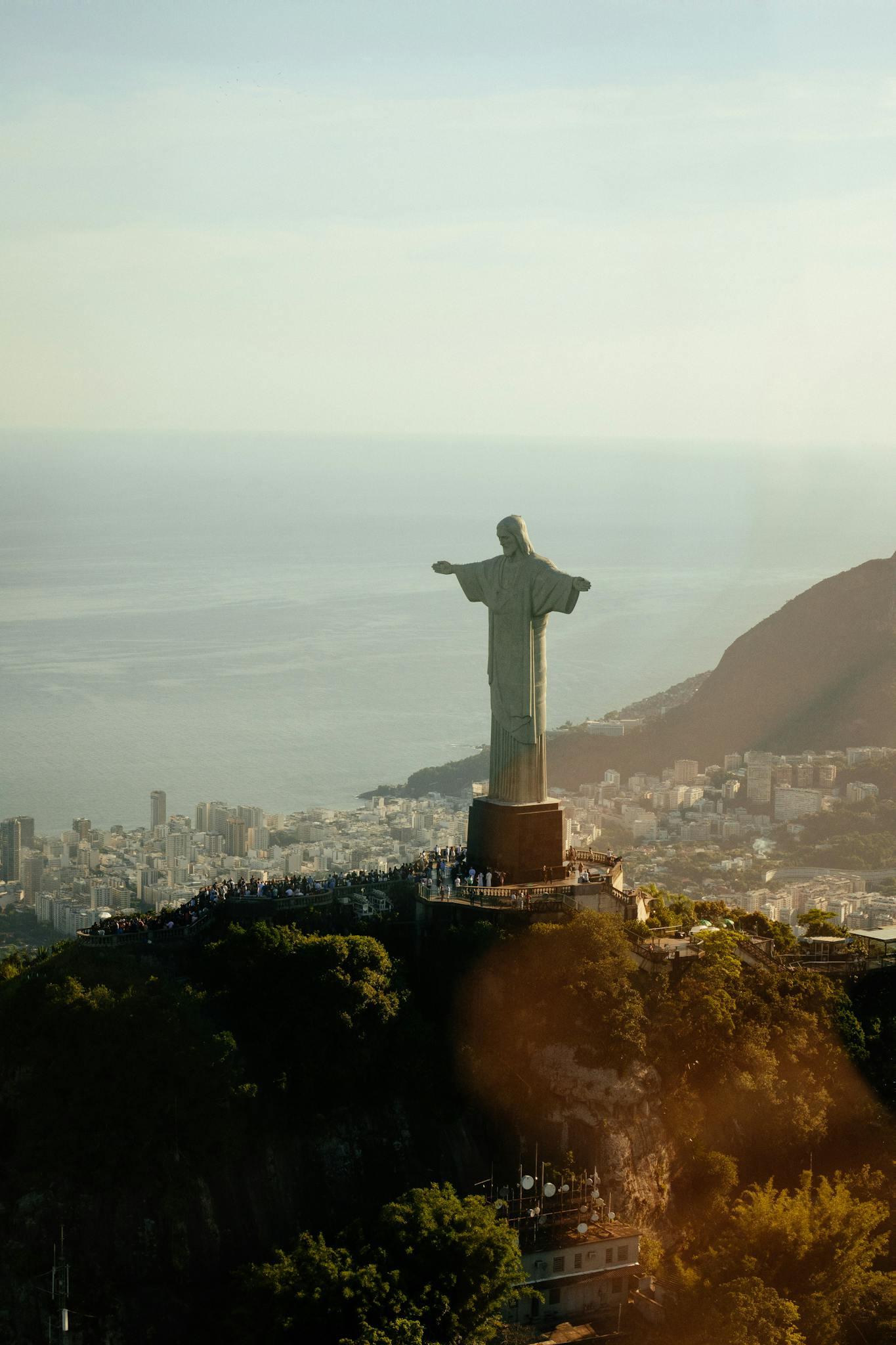City of God: Poverty, corruption, chickens and journalism
Rapid cuts of a knife being sharpened, a chicken to the slaughter, another chicken observing. This chicken escapes, but a gang of children give chase, armed with guns too large for their scrawny hands. A pursuit through trash-laden favelas, documented by a shaky camera; the subject too frantic, and too kinetic, for care of a steady grip. The chase reaches its climax, ending with a young adult man, camera dangling from torso, alongside the chicken. The children and their ringleader, Lil Ze, catch up and occupy one side of the street. The other, the Military police.
“if you run, the beast catches you; if you stay, the beast eats you.”
City of God opens with this cutting adage from our protagonist, Rocket. Throughout the film, we see its credence again and again.
On one hand, those who run are chased down by the beast. Characters like Shaggy try to escape the burgeoning gangster lifestyle that coincides with the birth of the favela Cidade De Deus, but are shot down by the police. Benny tries to escape too, as the violence of the competing drug trade heightens, but is shot as a collateral victim to it.
On the other hand, we have those who stay in the lawless favelas. Knockout Ned, once one who abstained from participation in violence, dies as a victim of his own perpetration of it; as does Lil Ze, after being the primary proprietor of violence in Cidade de Deus. His death signals the beginning of a new generation of gang violence, the runts executing him just as he had done to Goose as a child.
But then, how does one survive the maw of this beast? Are all in the favela fated to fall into its mouth? Well, perhaps there is one way to survive and escape the cycle of violence, to leave behind the death and the hopelessness of being on the fringes of society, as Rocket shows. Take a photograph of it.
In Meirelles’ 2002 crime epic, Rocket, an aspiring photojournalist raised in the favela, is our narrative viewpoint. He guides us with his omniscient voice, providing exposition to help us, the outsiders to this story, comprehend the intricate web of characters and backstories. Always a spectator to violence, coinciding with its occurrence, but never contributing or detracting in its trade.
Furthermore, Rocket has little impact in the narrative of the film as a whole – he does not act as the catalyst to any major plot points, or is of particular relevance to the core conflict in the story. That is, with the exception of being the reason that the story is documented in the first place.

Post a comment